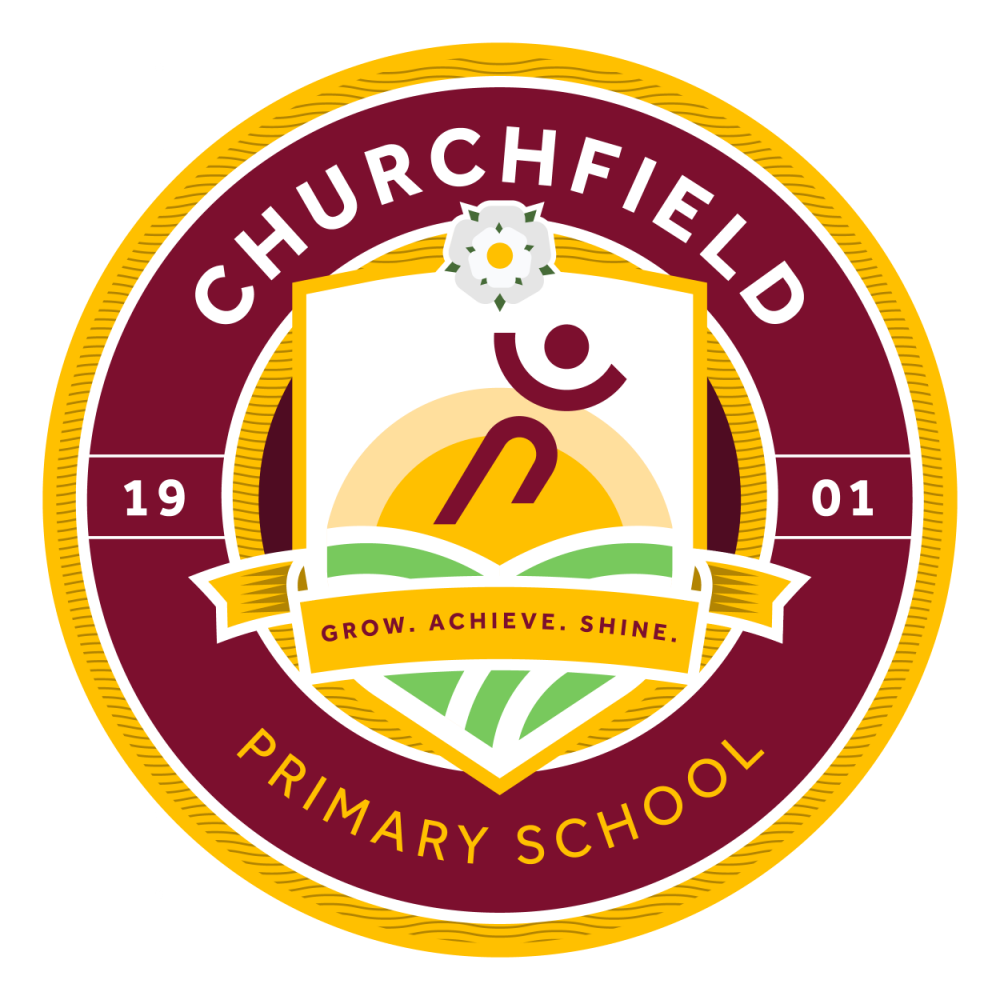Religious education curriculum
Our religious education curriculum supports primary schools in delivering the programme of study from their local Standing Advisory Council on Religious Education (SACRE).
Covers skills statements taken from A Curriculum Framework for Religious Education in England, published by the Religious Education Council of England and Wales.
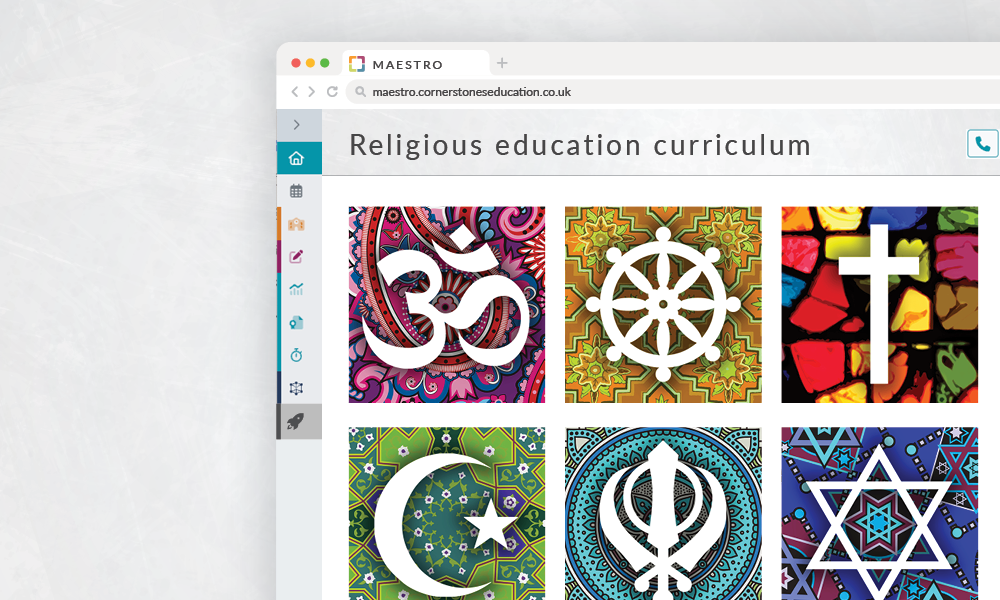
Covers six world religions.
Based on religious festivals and celebrations.
Flexibility to adapt to local frameworks.
Flexibility to adapt to local frameworks.
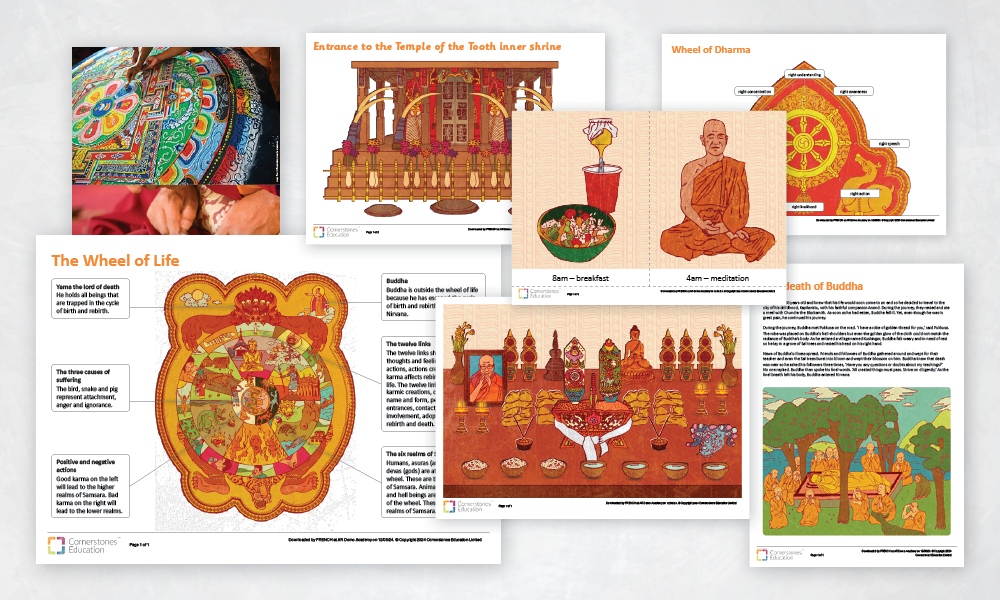
Buddhism
Children learn about the Buddhist religion including significant people and events such as Esala Perahera, Buddha, Losar, the Tibetan New Year and Vesak. They also explore important themes of the religion including kindness, generosity, Nirvana and karma.
Christianity
Children learn about Christianity including the special celebrations of Christmas, Advent, Lent, Easter and Holy Week. and the birth of Jesus Christ. They also explore important themes of the religion including joy, prayer, belief, worship and community.
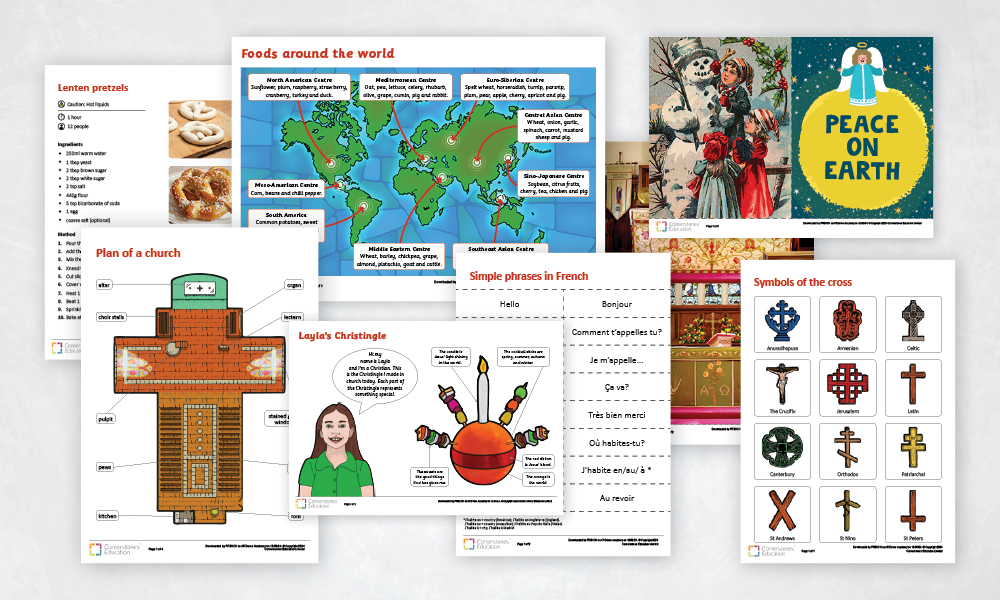
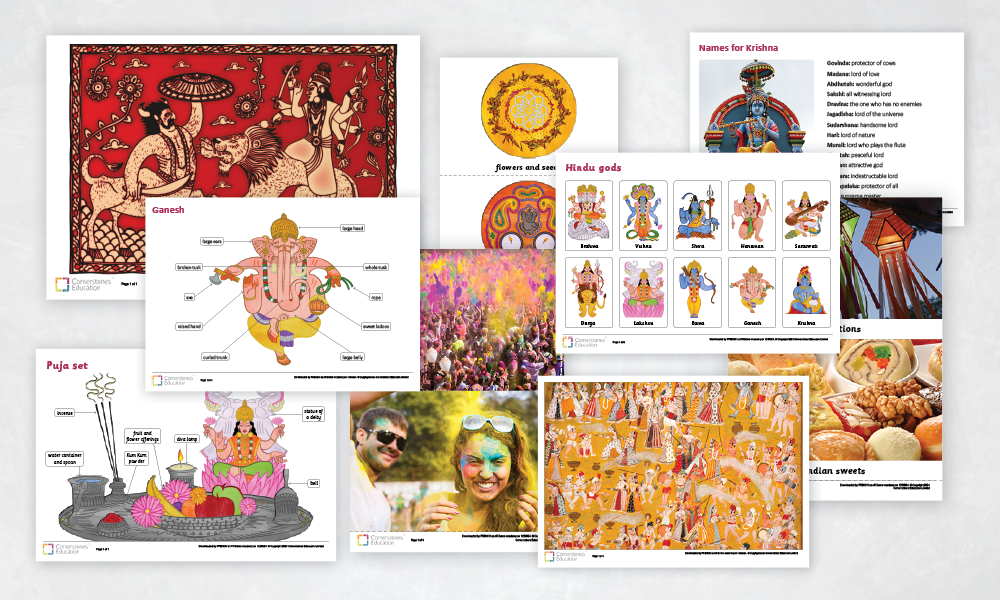
Hinduism
Children study Hinduism including the special celebrations of Diwali and Holi and the stories of significant deities including Rama and Sita, Durga, Ganesh and Krishna. They also explore important themes including overcoming obstacles, role models, want and need, devotion and the significance of pilgrimages to Hindu sacred sites.
Islam
Children study the Islamic religion, including the Prophet Muhammad (Peace be upon him), and explore significant events, including Friday prayers, Hajj, and the pilgrimage to the holy city of Mecca. They also explore themes including journeys, charity, and important festivals such as Ramadan and Eid al-Fitr.
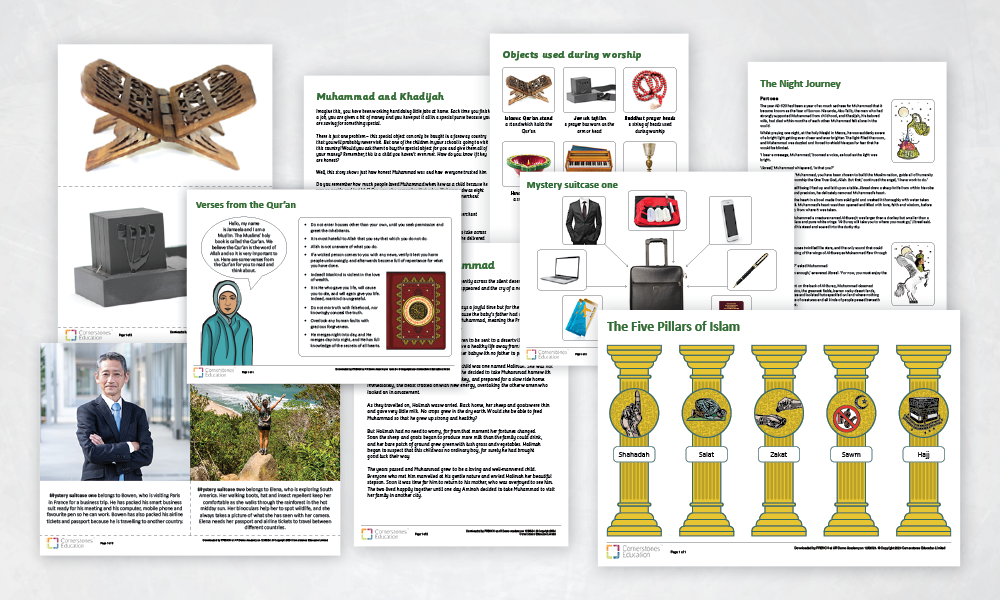
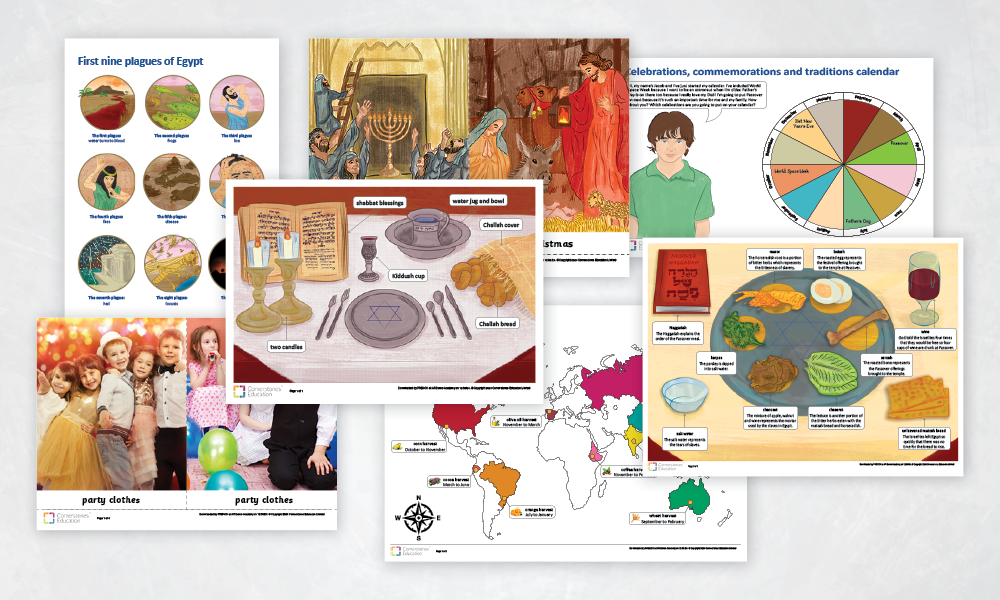
Judaism
Children learn about Judaism, including Purim, Passover, Hanukkah, Shavuot, Shabbat and the Torah. They also explore significant individuals such as Judah Maccabee and important themes such as miracles, rules, rest, freedom and human rights.
Sikhism
Children study Sikhism and learn about significant aspects of the religion including the Sikh holy book, the Guru Granth Sahib, Five Ks of Sikhism, the Sikh wedding ceremony, the life of Guru Arjan and the founder of the Sikh religion Guru Nanak. They also explore important themes including family, love, equality, identity, words and fairness.
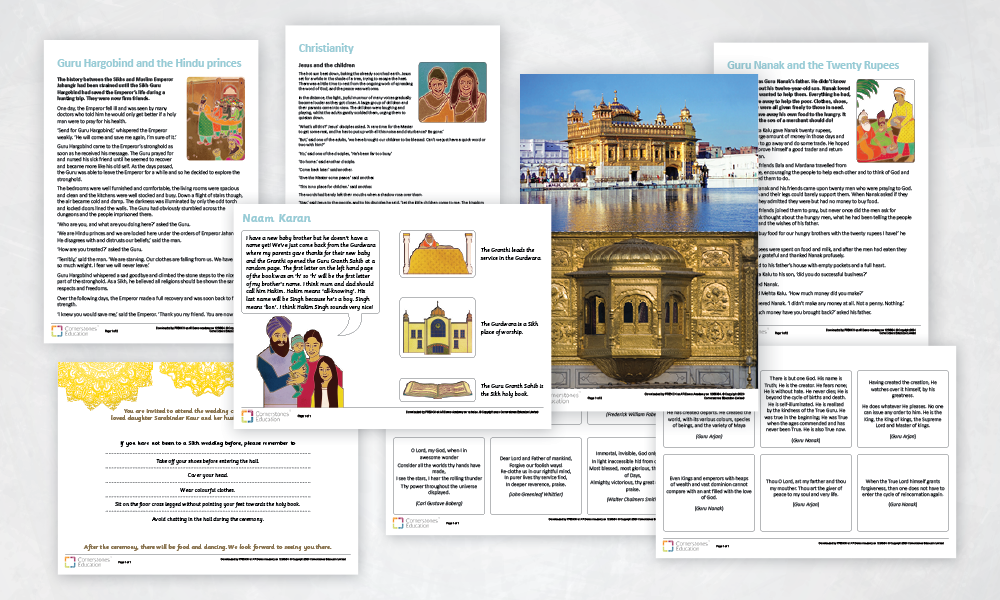

Discover More!
No two schools are the same. If you would like to find out how we could help your school, please book in a friendly consultation with one of our curriculum advisers today.
“I wouldn't work in a school that hasn't got it.”
Michelle Foster , Deputy Headteacher
Churchfield Primary School
